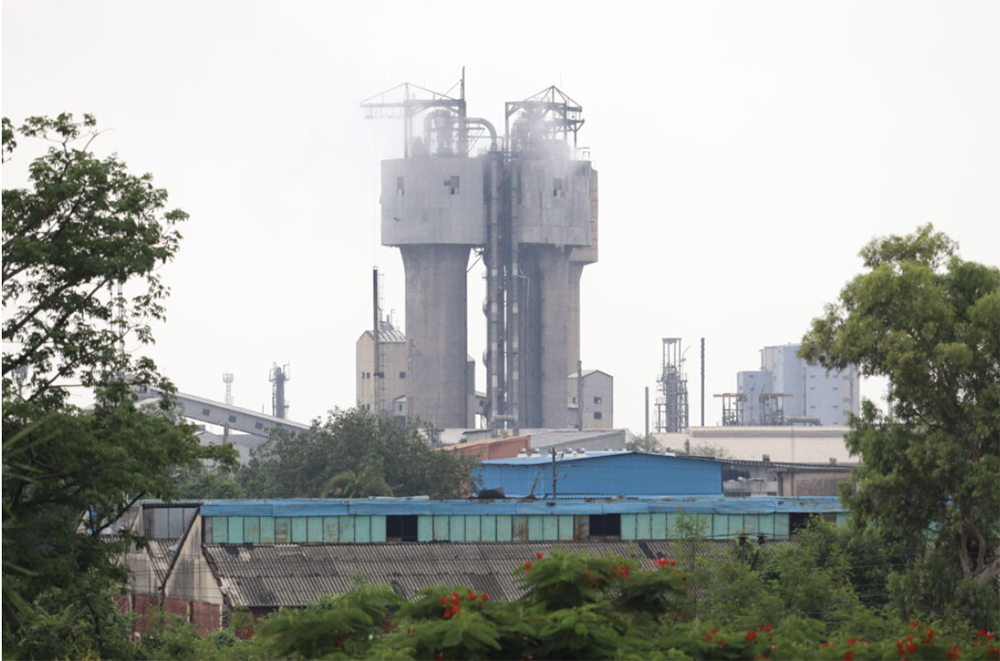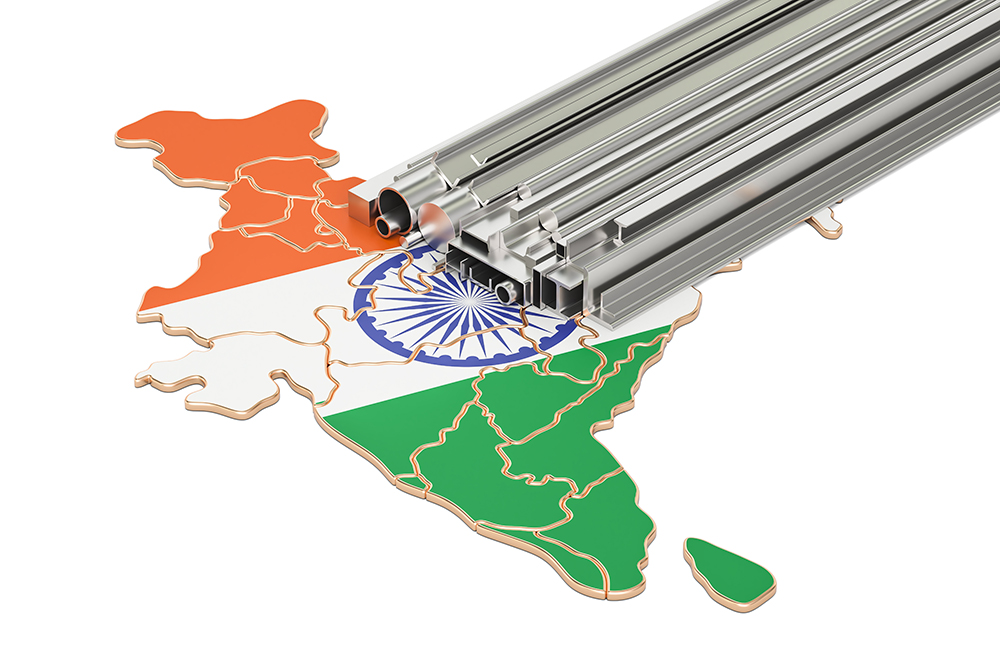The fresh conflict between Israel and Hamas in Palestine has started to ring warning bells throughout supply chains for oil, steel, and various metals. Indeed, if prolonged, the conflict could adversely affect steel prices as well as many other commodities.
Already under strain because of the more than year-old Russian invasion of Ukraine, this new conflict has raised concerns in India as well as among Turkish and Russian steel exporters.
The President of the trade representative organization PHDCCI, Sanjeev Agarwal, said the conflict could cast a negative light on India’s iron and steel industries, as well as those for other commodities. He added that the countries should reach a resolution quickly for everyone’s benefit.
In a statement, Agarwal called for a peaceful resolution to the Palestinian conflict in the interest of economic stability. Economist Abhijit Banerjee also referred to the likely impact of the conflict on trade routes and supply chains while highlighting India’s robust relations with Israel on trade.
Stay posted on how geopolitical factors are impacting steel and other metal markets. Subscribe to MetalMiner’s free weekly newsletter.
India Turns Net Steel Importer
Incidentally, on the steel manufacturing front, India just turned a net steel importer for the first time in roughly three years. Indeed, about 1.50 million tons (MT) of finished steel offerings were imported during the July-Sept 2023 quarter, up by 8% on a year-on-year basis. When compared to exports, imports were higher by 0.34 MT. Moreover, crude steel production by Indian firms went up 14.7% to 69.65 MT between April-Sept 2023. This is 61.06 MT more than the same period a year ago.
And while China continues to be the biggest steel exporter to India, Russia, the UK, and several other nations remain next on the list. Earlier in the year, Russia became the 2nd largest exporter of semi-finished steel to India. Russia also displaced Japan to become the 2nd largest hot rolled coils supplier and strips to the subcontinent. India’s neighbor, China, also relies on steel from Japan and South Korea as well as the UAE and Saudi Arabia.

In fact, the new conflict coming on the heels of the Russian invasion has made Turkish and Russian steel exporters quite nervous. According to this report, Turkey is the largest steel supplier to Israel, and has been since 2002. A long-term conflict could have major implications for steel prices on a local, regional, and global basis.
Harness data to forge a path to success in steel sourcing, especially in times of geopolitical conflict. Utilize MetalMiner Insights’ powerful long-term and short-term forecasting. Ready to learn more?
Experts Monitoring Steel Prices and Supply Chains
Steel analysts say it is obvious that if the conflict between Israel and Hamas were to extend beyond a few days, it would further damage an already poor situation vis-à-vis the supply of steel and oil across the globe. Take, for example, Turkey’s export of steel to Israel. Last year, it touched 1.56 MT. Included in the export list were rebar, wire rod, and hot rolled flat products. And up until August this year, exports from Turkey were down by about 40% due to competition from Russian importers.
On the flip side, Israel is a large supplier of scrap to Turkey. If the conflict were to escalate, port operations at Haifa may see some impact, leading to delays and disruptions at the very least. Reports indicate that market players continue to closely monitor the situation and its potential fallout on the steel industry in Turkey, Israel, and Russia.

For India, the steel story went a bit awry this September. Indeed, a Steel Ministry report accessed by The Hindu BusinessLine said exports had dropped by almost 73% year-on-year to just 0.16 MT. Conversely, imports remained at 0.38 MT, turning the country into a net steel importer.
Analysts attribute this development to many factors. Indeed, the slowdown in demand from Europe due to the recession, price pressure from China, and a lack of clarity on the reporting guidelines of Carbon Border Adjustment Mechanism continued to impact exports.
Meanwhile, analysts feel global steel prices will continue to see pressure because of these latest developments. After all, the market had already suffered stress from oversupply, the European demand slowdown, and the slowdown in construction activity in China.
Stay two steps ahead of rapid changed in steel prices. MetalMiner covers price points, correlation charts, and price forecasting for steel and other industrial metals. See our full metals catalog.



